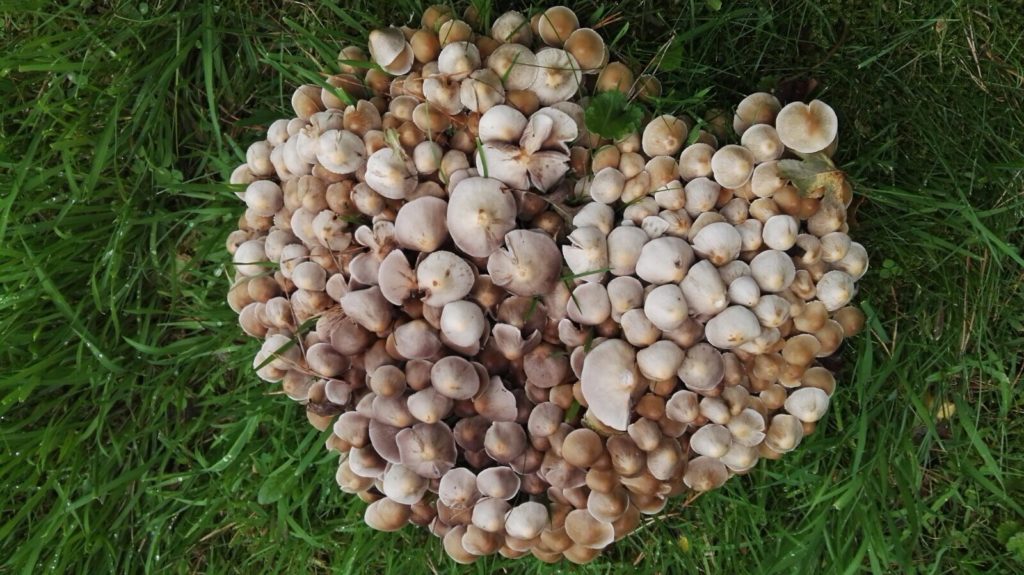Spring into Trouble!! Seasonal Toxins That Can Harm Your Pets!
Spring brings warmer weather, beautiful blooms, and seasonal treats—but it also introduces seasonal toxins that can put your pets at risk. From tempting Easter chocolates to toxic plants and outdoor hazards, here’s what you need to know to keep your furry friends safe.
Food – Spring celebrations often come with delicious treats, but some can be dangerous for our pets.
Chocolate – A favourite Easter indulgence, but they are highly toxic for our pets due to theobromine, a caffeine-related compound. The darker the chocolate, the more dangerous it is. Signs of ingestion include vomiting, diarrhoea, hyperactivity, and loss of coordination.
Hot Cross Buns and Simnel Cake – These seasonal favourites often contain raisins, sultanas, or currants, all of which can cause fatal kidney failure in pets, as there is no known dose-response relationship. Symptoms to look out for include vomiting and lethargy.
Plants -Springtime blooms may be beautiful, but some are highly toxic to pets.
Lilies (including hybrids)– Cats are highly sensitive, and ingestion can lead to fatal kidney disease. Symptoms include drooling, vomiting, lethargy, increased thirst,
urination, and seizures. Hybrid lilies can also cause oral pain, stomach upset, or even heart issues in both cats and dogs.
Tulips, Daffodils and Spring bulbs – These popular flowers contain compounds that can cause severe oral irritation, vomiting, and in severe cases, neurological or cardiac issues. Symptoms to look for include drooling, diarrhoea, and lethargy.
Outdoor Hazards -Warm weather brings more opportunities to enjoy the outdoors but it’s important to be aware of potential risks.
Fertiliser – While some fertilizers cause mild stomach upset, others can be life-threatening. Blood and bone meal can lead to vomiting, diarrhoea, pancreatitis, or
intestinal blockage. Fertilizers containing organophosphates can cause drooling, tremors, seizures, and breathing difficulties.
Mushrooms – Thousands of mushroom species grow in the wild, with varying levels of toxicity. Effects can range from stomach upset to neurological issues, liver or
kidney failure. If your pet eats a mushroom, safely collect a sample or take photos of the top and underside for accurate identification. Always wash your hands after handling mushrooms.
Adder Bites – These protected snakes emerge in spring as temperatures rise. A bite can cause severe pain, swelling, and collapse in pets. Seek immediate veterinary care if your pet is bitten.
Remember if you think your dog or cat has eaten poison, S.P.E.E.D. is of the essence!
S Stop the pet from eating any more suspected poison
P Phone the vets
E Emergency appointment
E Evidence – bring labels/samples/vomit (in a safe manner)
D Don’t delay!
If you are concerned that your pet has eaten something dangerous, please do not hesitate to contact us on 01606 880890 or 01606 717969.



